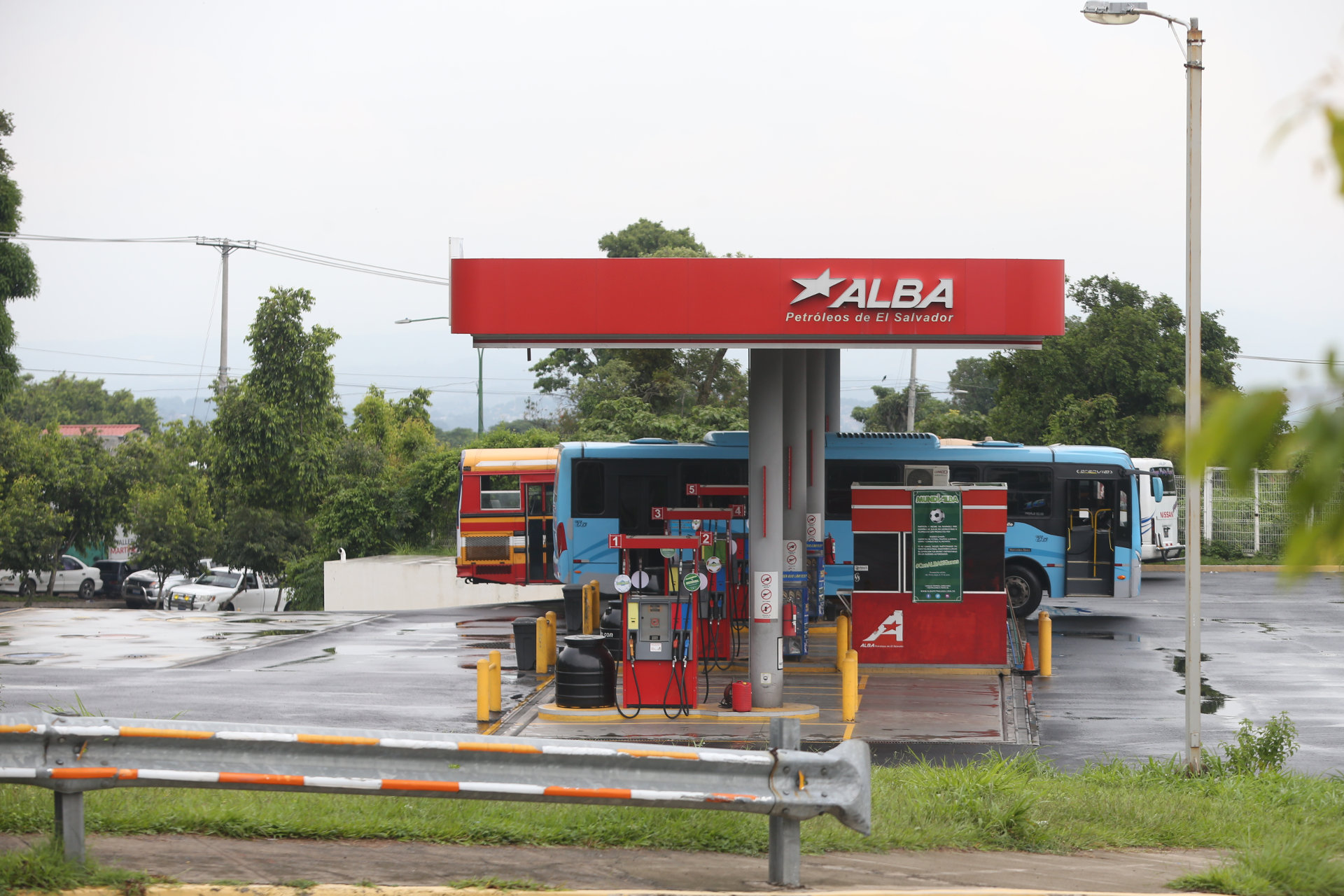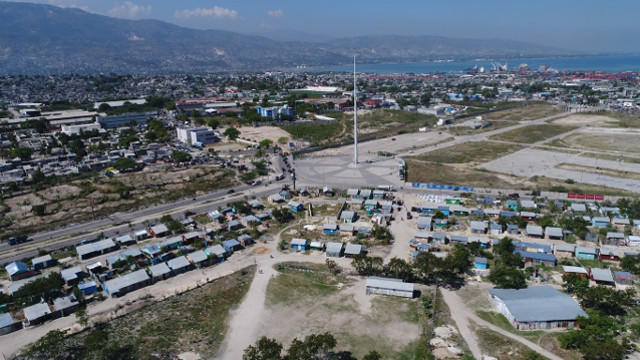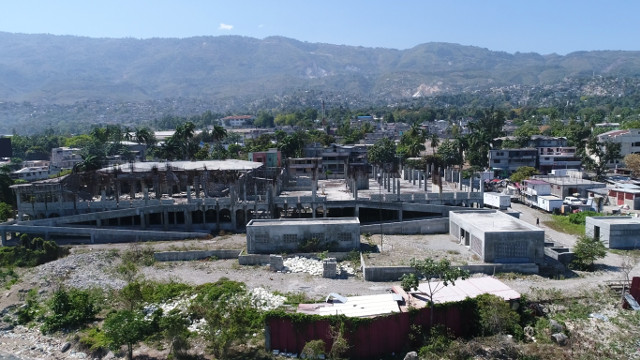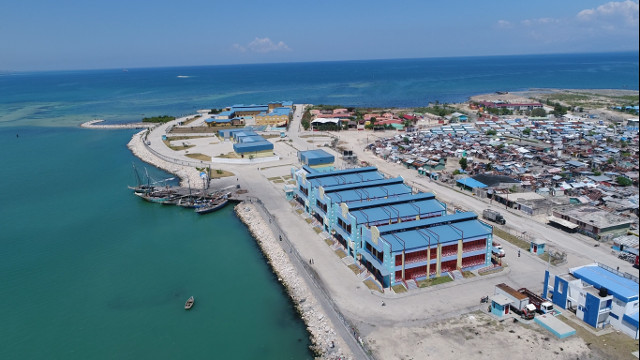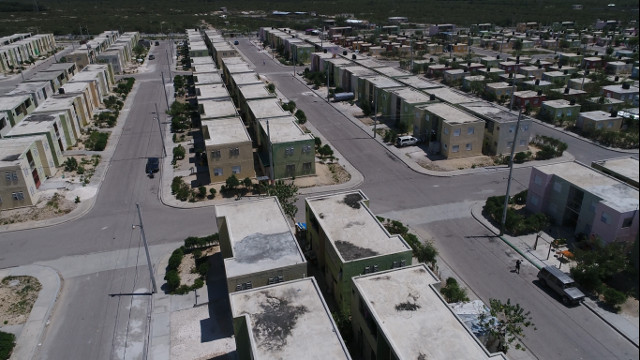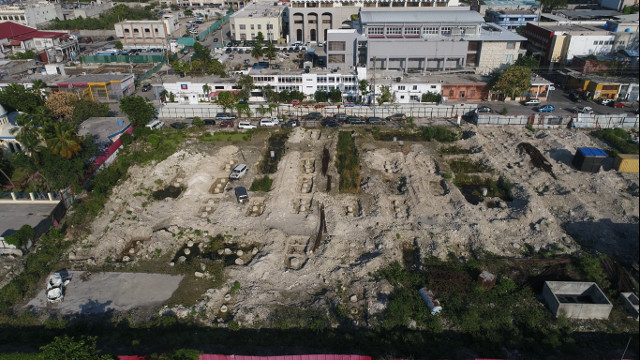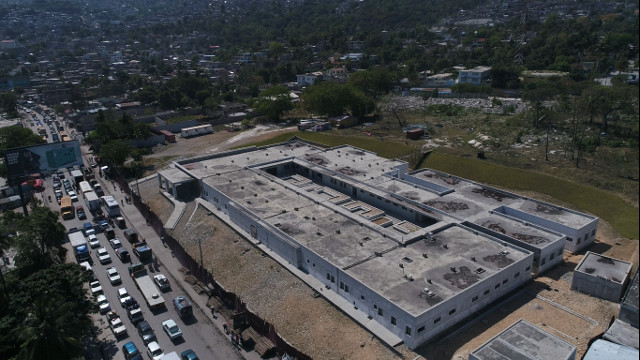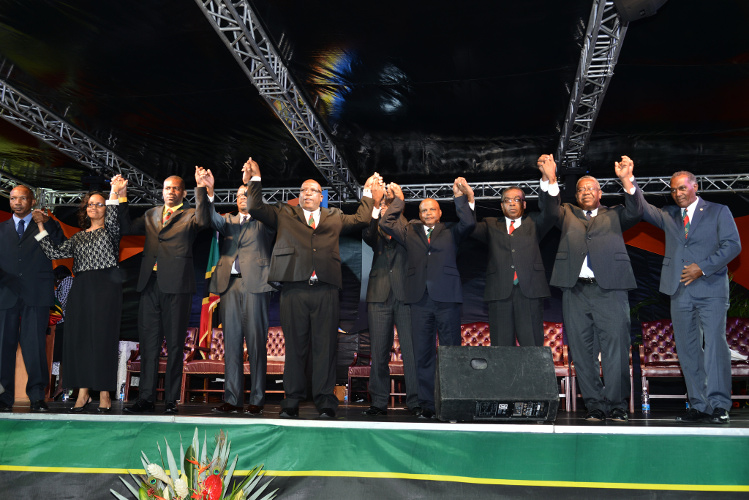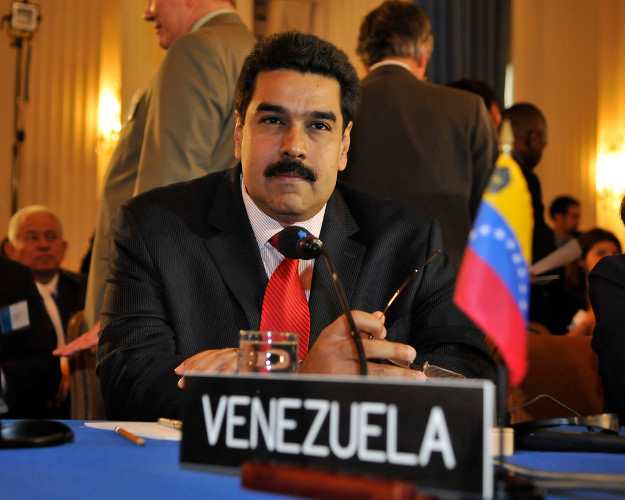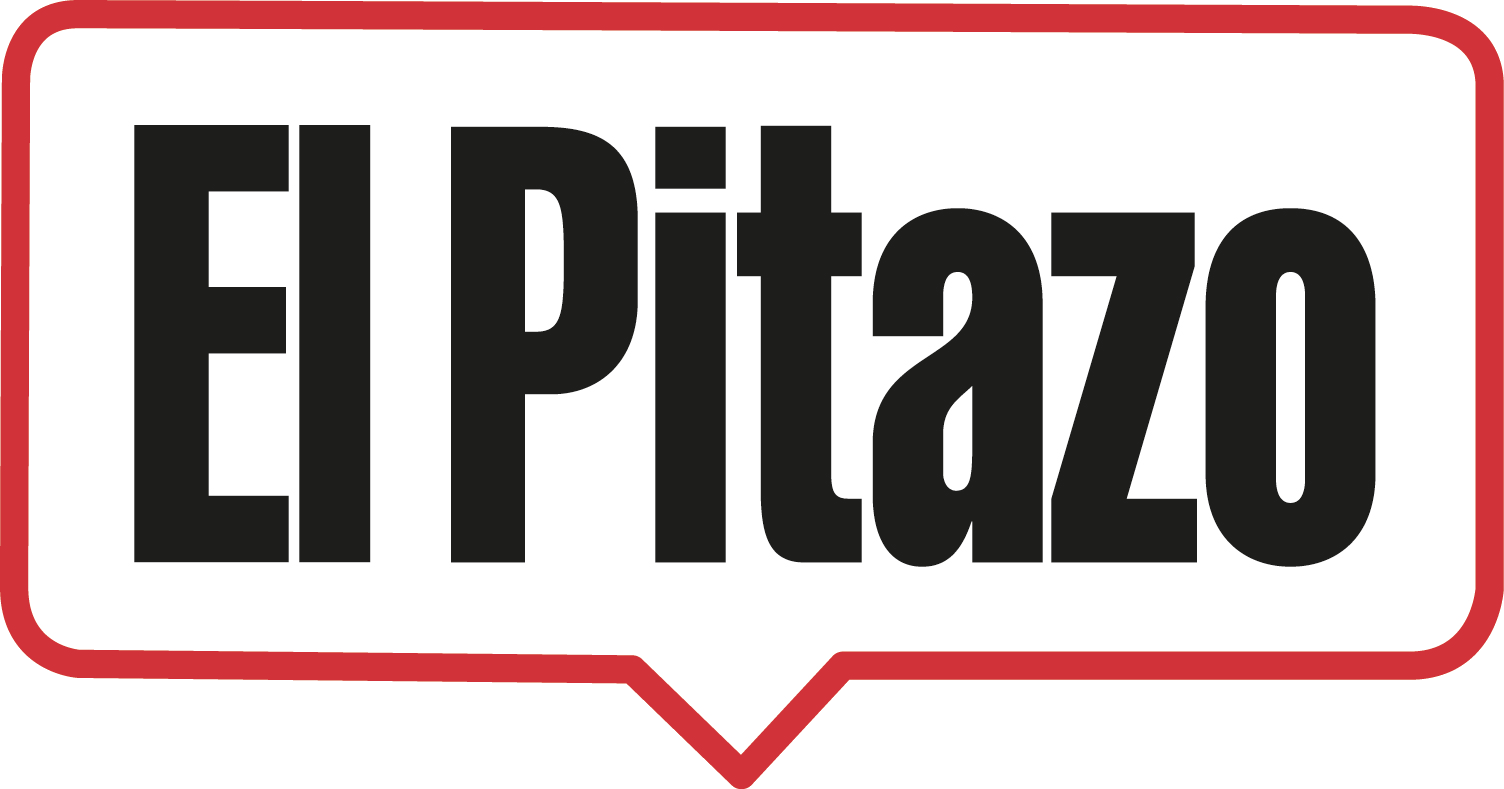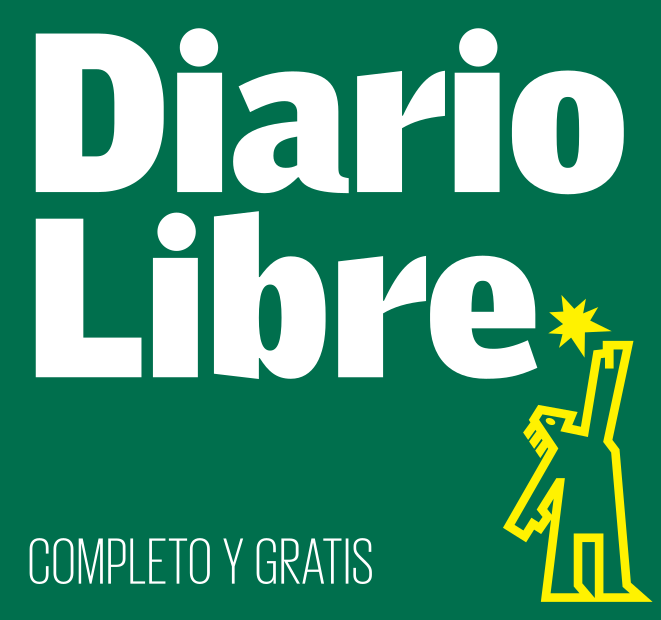The governments of Hugo Chávez and Nicolás Maduro gave more than 28 billion dollars in oil loans with deferred payments to 14 countries in Central America and the Caribbean throughout various agreements, among which Petrocaribe was highlighted. The debtors could pay the credits with goods, mainly food, through the so-called compensation system in which no less than 3,700 million dollars were traded and of which the Nicaragua from Daniel Ortega was the biggest beneficiary. The #Petrofraude investigation documented that Venezuela lost millions of dollars for accepting overpriced goods in the exchange, and in many cases of food of very low quality. The oil agreements have been presented internationally as models of fair trade, but were infringed with practices contrary to that spirit, and such practices helped to empty the table of Venezuelans.
1.- More expensive products. Nicaragua, Guyana, the Dominican Republic and El Salvador were the main players in the compensation system and Venezuela accepted overvalued assets from each of those countries. The investigation was able to document, for example, coffee shipments made from Nicaragua and rice shipments from Guayana whose prices had a cost overrun that could reach 245 million dollars.In March 2015, Maduro, in the midst of the fall of oil prices that has affected the critical Venezuelan economy, ordered to rush an agreement for overvalued products offered from Nicaragua.
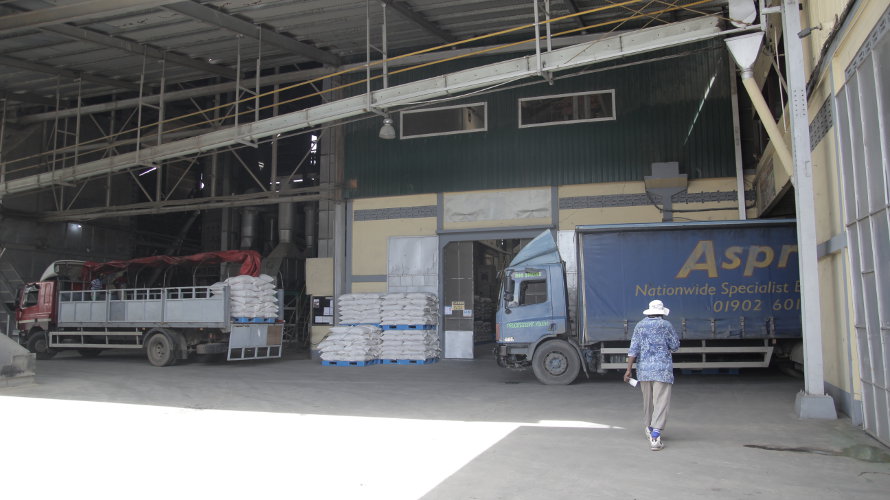
Guyanese rice was among the most expensive products paid by Venezuela in the Petrocaribe framework/ANDREW FLECMAN
2.-Compensation without control. An internal audit of Petróleos de Venezuela (PDVSA), the state corporation that dispatches the oil and manages the compensation system, revealed that the exchanges were made without the application of adequate follow-up protocols by the subsidiary PDV Caribe, in charge of the energy agreements with Central America and the Caribbean. There is a report sent by a team of auditors to their superiors in 2017, stating that the public company had never issued invoices, nor quality reports of the products and no accurate landings data are available. All of these generated a million-dollar chaos in the scheme.
3.- Numbers that do not match. The data of PDVSA and of the Ministry of Food of Venezuela on volumes and values of imported products through the compensation system present gaps and inconsistencies. #Petrofraude identified contradictions between the information of those institutions and with the information declared by the Venezuelan statistical authority, which bases its reports on the customs manifests, and information offered by official sources of the other countries involved. For example, just in the case of beef sent from Nicaragua, it was found that between 2009 and 2013, PDVSA declared receiving approximately 149,000 tons, Venezuelan customs accounted for just over 129,000 tons and Nicaraguan authorities declared close to 169,000 tons. The differences in value oscillate between 80 and 160 million dollars, according to estimates carried out during this investigation.
4.- Officials sanctioned or investigated. Key actors of oil and food derivatives exchanges between Venezuela and Nicaragua have been investigated or sanctioned by the US Treasury Department for different cases that have the same backdrop: the presumption that they have incurred in corruption and money laundering. Among them we can name Nicaraguan Francisco López, Daniel Ortega's right hand man, and a Military General from Venezuela, Carlos Osorio, who used to be the czar of food imports from the South American country.
5.- Privileged businessmen. Lucrative transactions favored companies linked to important officials of the governments of the continent favored by the oil agreements. Some of these operations under the compensation system were executed without the least public scrutiny. Companies related to government ministers from the Dominican Republic and Suriname are among those that shipped products to Venezuela for millions.

